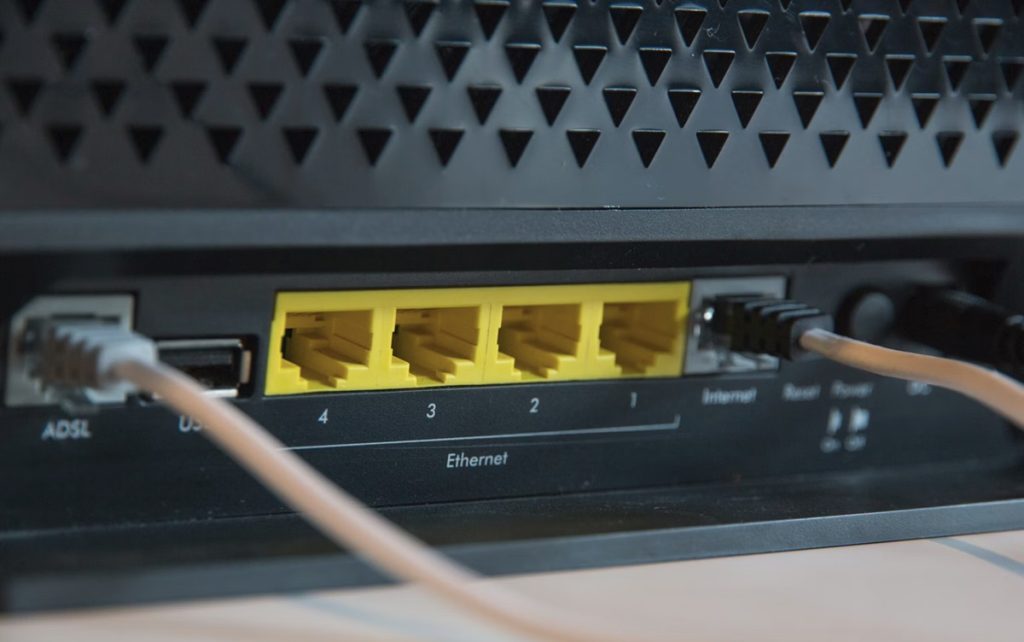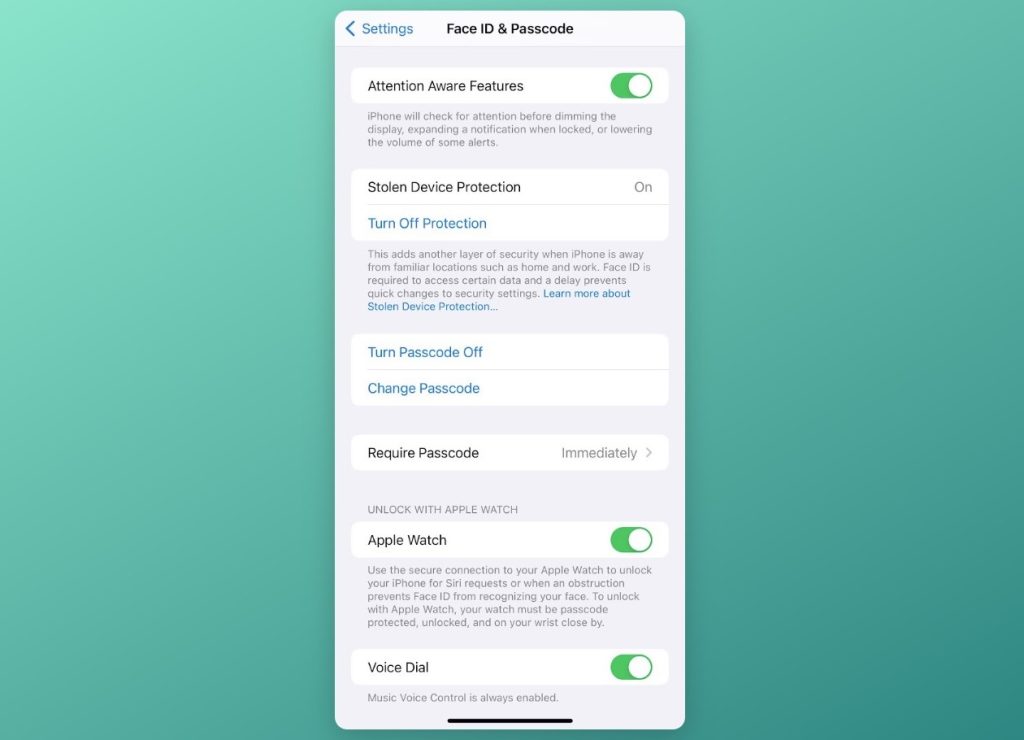1/30/2024: How to shop for internet

Picking a home internet provider
Plus: HP printer outrage, iPhone theft protection, and fun ways to find music

Here’s something I can guess about you with high degree of confidence: At some point over the last year, your home internet cost went up.
Comcast, Spectrum, and other major home internet providers routinely raise prices, largely because they can. Their competition is not extensive, and switching providers can be a pain, so little price hikes here and there can easily sneak by without much uproar.
But with the rise of 5G home internet from the likes of T-Mobile and Verizon, along with increasing fiber investment from companies like AT&T and Frontier, now’s a fine time to shop around. I’ve gotten a bunch of reader mail lately about picking a home internet provider, and so I’ve put together a guide to help evaluate your options.
Need to know
Apple opens up iOS (sort of): Apple will soon let users in Europe install software from outside the App Store, including entire alternative app stores that compete with Apple’s own. It will also allow alternate payment systems in the App Store, let web browsers choose their own rendering engines, and support contactless payment systems other than Apple Pay. All this is in response to Europe’s new anti-gatekeeping rules, which go into effect in March.
Just don’t expect much to change in practice. Apple’s designed the new system to make opting out of the App Store as expensive and burdensome as possible for developers, and being limited to Europe means most fans of sideloading (myself included) will be stuck with the status quo. (There’s just one notable change that applies worldwide: You’ll soon be able to use game streaming services such as Nvidia’s GeForce Now and Microsoft’s Xbox Cloud Gaming without clunky web browser workarounds.)
A sad Beeper coda: As I wrote last month, I’ve been happily using an app called Beeper to consolidate all my chats into one place. But since then, Apple’s made it increasingly difficult to use Beeper with iMessage, and in recent weeks has even disabled iMessage on some users’ Macs as a way to cut Beeper off. Beeper has now responded by removing iMessage support from its Beeper Cloud app entirely.
While my Mac Mini never got banned, I haven’t received any iMesseages through Beeper in weeks, so I’m back to using BlueBubbles to relay messages from the Mac to my Android and Windows devices. I’m sticking with Beeper for my other messaging services, but bummed that I now need another app just to accommodate Apple.
HP printer outrage: Although HP has tried to block third-party ink cartridges from its printers for years now, it just got fresh attention for doing so last week, when CEO Enrique Lores claimed that those cartridges can contain viruses. He also noted in the same interview that HP’s long-term goal is to “make printing a subscription,” where users pay for ink and other print services on a recurring basis.
There’s pretty much no evidence of printer ink being a vector for viruses, and HP’s been sued numerous times for its attempts to block third-party cartridges.
At best, one could argue that third-party ink has quality and reliability issues compared to the real thing. But—and here’s the common thread in all of this week’s news items—users should be able to make those choices themselves with the hardware they bought, and it’s disingenuous for companies to nanny their customers in ways that oh-so-coincidentally happen to boost their own profits.
Tip of the moment

An iPhone anti-theft feature: Back in February, the Wall Street Journal published an investigation on how iPhone thieves were coercing victims into revealing their lock screen passcodes, often with devastating results. With PIN in hand, attackers would change the victims’ Apple ID credentials to lock them out of their accounts, drain funds through apps like Venmo, and even access other account passwords stored on the device.
The Stolen Device Protection feature requires extra face or fingerprint authentication for certain actions such as password access, and it adds a one-hour delay before you can change your PIN or password outside of familiar places, such as home and work.
It’s available in iOS 17.3, but turned off by default. To enable it, head to Settings > Face ID & Passcode, then turn on Stolen Device Protection.
Note that you can’t control where the one-hour password change delay happens; the iPhone will learn your familiar locations automatically, and the process may take a couple of weeks. A forthcoming iOS update will let you turn on the security delay no matter where you are.
Now try this
Shazam your headphones: Got the Shazam app on your phone? Now you can identify songs playing through your earbuds or headphones—useful for when you’re watching a video on YouTube or Netflix and want to know what song is playing. Just open Shazam, tap the big button, then start playing video in another app. You’ll get a notification from Shazam with the song name a few moments later. (I covered some more Shazam tricks last June.)

For the album nerds: Elsewhere in the music discovery realm, Album Whale is a cool site for curating lists of music albums and sharing them with others. You can write little descriptions for each list (and each album within the list) and use the Discover section to see what others are sharing. All it really needs is a search function.
Further reading
- Ring stops giving police doorbell cam footage without a warrant (mostly).
- OnePlus 12 gets solid reviews, though CNet has camera qualms.
- New Pixel features arrive, plus a mint color option for the Pixel 8.
- Framework’s modular 16-inch laptop isn’t ready for primetime.
- Google Chrome can now organize your tabs with AI.
- Arc’s new iPhone browser app looks pretty interesting.
- Read Nilay Patel’s masterful Apple Vision Pro review.
Spend wisely

The Verizon sub-brand Visible is offering two years of discounted service if you sign up by January 31. That brings the basic Visible plan to $20 per month, or Visible+ for $35 per month with no contracts.
Both plans operate on Verizon’s network with unlimited calling, data, and hotspot use. The difference is that Visible’s main plan throttles your speeds if the network is busy and doesn’t support Verizon’s fastest flavors of 5G. Visible+ includes 50 GB of unthrottled data, and no limits at all when you’re connected to its faster 5G bands. Unlike with the major carriers, you won’t get any new smartphone deals with Visible, but the lower cost of service could put you ahead in the long run.
Thanks for reading!
Got tech questions for me? Just reply to this email to get in touch.
Until next week,
Jared
